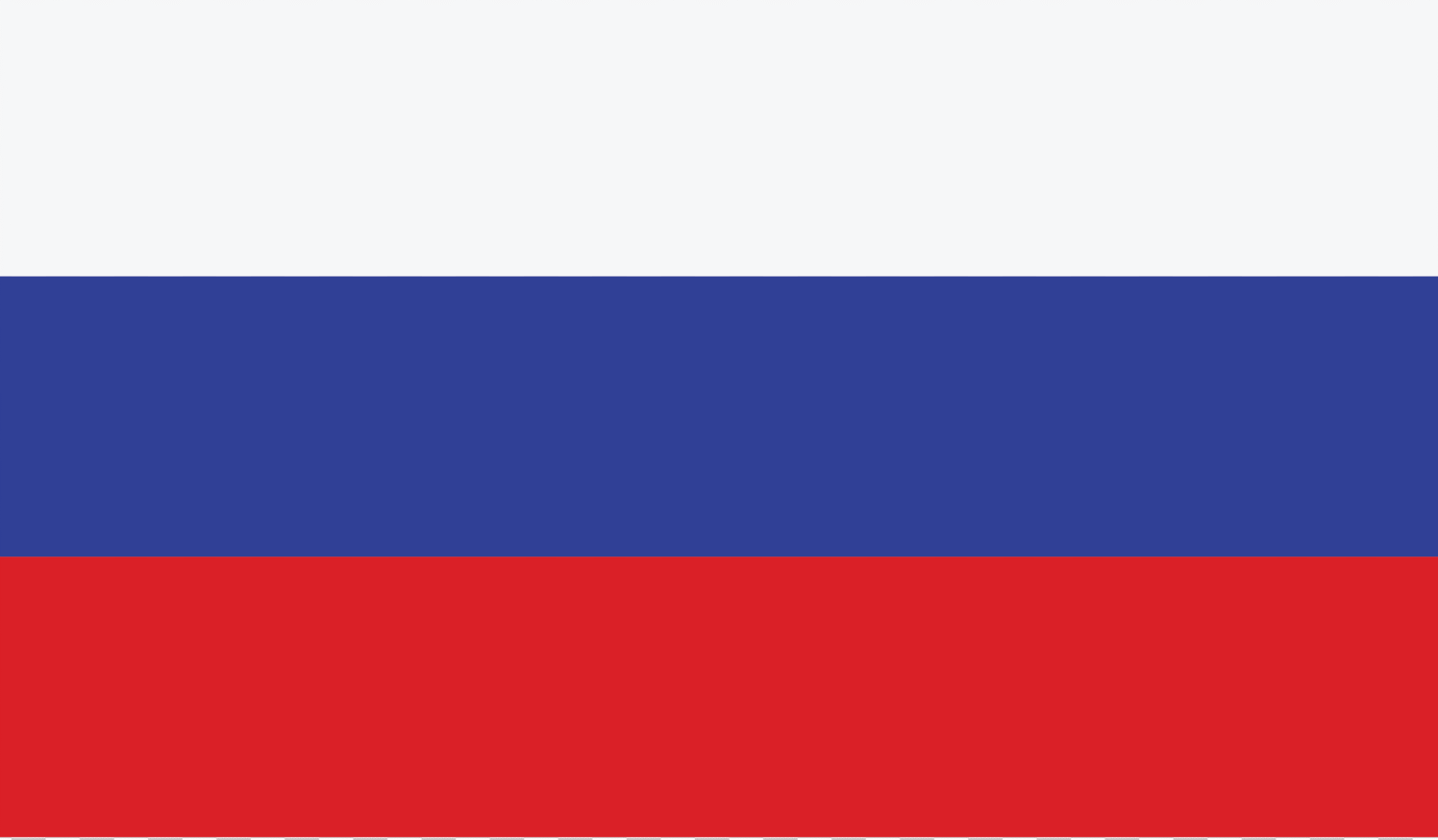Introduction
Significant changes are arriving for UK immigration law on 22 July 2025, reshaping the way businesses hire from abroad and how skilled workers plan their careers. These updates, anchored in the Statement of Changes HC 997, will influence visa eligibility, salary thresholds, and occupation lists. For many employers and foreign nationals, the landscape of immigration is about to shift dramatically.
The context behind the July 2025 immigration changes
Following the UK Government’s Immigration White Paper titled “Restoring control over the immigration system”, published on 12 March 2025, these changes aim to tighten control, raise workforce standards, and reduce migration in lower-skilled sectors. As the country continues to manage the effects of Brexit and economic recalibration, the July reforms mark one of the most comprehensive updates since the Skilled Worker route was introduced.
Overview of Statement of Changes HC 997
Laid before Parliament on 1 July 2025, HC 997 lays out a new direction for immigration policy. Its most notable shifts include:
- Elevation of the skills threshold for visa eligibility
- Salary increases across various visa routes
- A new Temporary Shortage List (TSL) replacing the Immigration Salary List (ISL)
- End of overseas sponsorship for care workers
These modifications underscore the UK’s intention to pivot toward a more selective and high-skilled immigration system.
Skill level requirement raised to RQF Level 6
What this means for employers
From 22 July 2025, the minimum skill level for new Skilled Worker visa applicants will rise from RQF Level 3 (A-level equivalent) to RQF Level 6 (graduate-level roles). This reversion significantly narrows the pool of eligible job roles, cutting out around 180 previously accepted occupations.
Impact on migrant workers
For foreign professionals aspiring to move to the UK under the Skilled Worker route, the new skill threshold means fewer opportunities—especially in roles traditionally classified under technical or supervisory levels. Those in affected roles must now either upgrade their qualifications or seek roles on the TSL to remain eligible.
Transitional provisions for existing Skilled Workers
Workers who are already on the Skilled Worker visa route—or who submit successful applications before 22 July 2025—can continue to operate under the previous rules, including employment in roles below RQF 6. These transitional protections, however, do not apply to salary thresholds. Existing visa holders are still subject to the updated salary figures when applying for extensions or settlement.
Significant salary threshold increases
New salary bands by role and qualification
The revised salary thresholds reflect updated 2024 earnings data from the Annual Survey of Hours and Earnings (ASHE). Key increases include:
- Standard Skilled Worker: from £38,700 to £41,700
- PhD holders (relevant subject): from £34,830 to £37,500
- PhD in STEM/ISL/New Entrants: from £30,960 to £33,400
- Pre-April 2024 visa holders: from £29,000 to £31,300
- PhD holders pre-April 2024: from £26,100 to £28,200
Implications for settlement applications
From 22 July 2025, all settlement (Indefinite Leave to Remain) applications under the Skilled Worker route must meet the new salary thresholds. Employers and migrants alike must adjust their long-term planning accordingly to avoid disruptions during ILR submissions.
Major shift in care worker sponsorship rules
End of overseas care worker applications
One of the most striking changes is the termination of overseas sponsorship for care workers. From 22 July 2025, care worker and senior care worker roles will only be available to applicants already in the UK. This is a major setback for the care sector, which has relied heavily on international recruitment in recent years.
Eligibility conditions for in-country care workers
To qualify:
The worker must have been legally employed in a care-related SOC 2020 code for at least 3 months before the Certificate of Sponsorship (CoS) is issued.
Applications must be made before 22 July 2028, or the applicant must already hold a Skilled Worker visa in a care role.
Changes to supplementary employment rules
From 22 July 2025, Skilled Workers can only take supplementary jobs if the role:
Meets RQF Level 6, or
Is listed on the new Temporary Shortage List (TSL)
Only those already on the Skilled Worker route before this date can continue working second jobs below RQF 6 if listed in Appendix Skilled Occupations.
The end of the Immigration Salary List (ISL)
Introduction of the Temporary Shortage List (TSL)
The TSL replaces the ISL and introduces an expanded list of roles that fall between RQF Levels 3 and 5. While it enables more mid-skilled roles to remain eligible for sponsorship, it comes with fewer benefits than the ISL previously offered.
Key differences between ISL and TSL
No salary discounts: Unlike the ISL, the TSL does not offer reduced salary thresholds.
No dependants: Migrants sponsored under the TSL are not permitted to bring dependants to the UK.
Occupations included in the Temporary Shortage List
Surprising additions and omissions
While some expected roles remain (e.g., IT technicians, plumbers, data analysts), several key occupations have vanished. Notably missing from the TSL are bricklayers, roofers, and retrofitters—once considered essential shortage roles.
Impact on specific sectors
Construction: The focus has shifted to general builders and decorators rather than niche trades.
IT & Tech: Several mid-level tech support roles are included—helpful for employers in digital sectors.
Finance & Administration: New entries like credit controllers and pensions clerks offer opportunities for support staff.
Limitations for workers on the TSL
No dependants policy
Unlike Skilled Worker visa holders in higher-level roles, TSL-sponsored workers will not be able to bring spouses or children to the UK. This is likely to deter many skilled individuals from applying.
No salary discounts
There are no pay threshold concessions for TSL-listed roles. Employers must meet full salary requirements, making the list more restrictive than its predecessor.
What UK employers need to do now
With the rules changing in less than a month, employers should act swiftly:
- Audit current CoS and sponsorship applications before the 22 July deadline.
- Identify roles affected by RQF or salary changes.
- Adjust job descriptions, titles, and salaries to comply with updated thresholds.
- Review workforce plans for long-term visa extensions and settlement routes.
How BS Immigration can help you navigate the changes
BS Immigration offers tailored support to businesses and individuals impacted by the 2025 immigration updates. From sponsorship license assistance and Skilled Worker route guidance, to application submissions and salary compliance audits, our team is equipped to help you adapt confidently and compliantly.
We understand that immigration can feel overwhelming—especially with frequent rule changes. BS Immigration brings clarity and strategic planning to every case, ensuring you stay on track without unnecessary delays or refusals.
Final thoughts
The immigration law changes coming on 22 July 2025 will transform how the UK engages with global talent. From rising skill and salary thresholds to the removal of overseas care worker sponsorship, the new system reflects a push toward selectivity and economic alignment. For employers and migrants alike, early preparation and expert guidance are the keys to success.
BS Immigration is here to guide you every step of the way.



